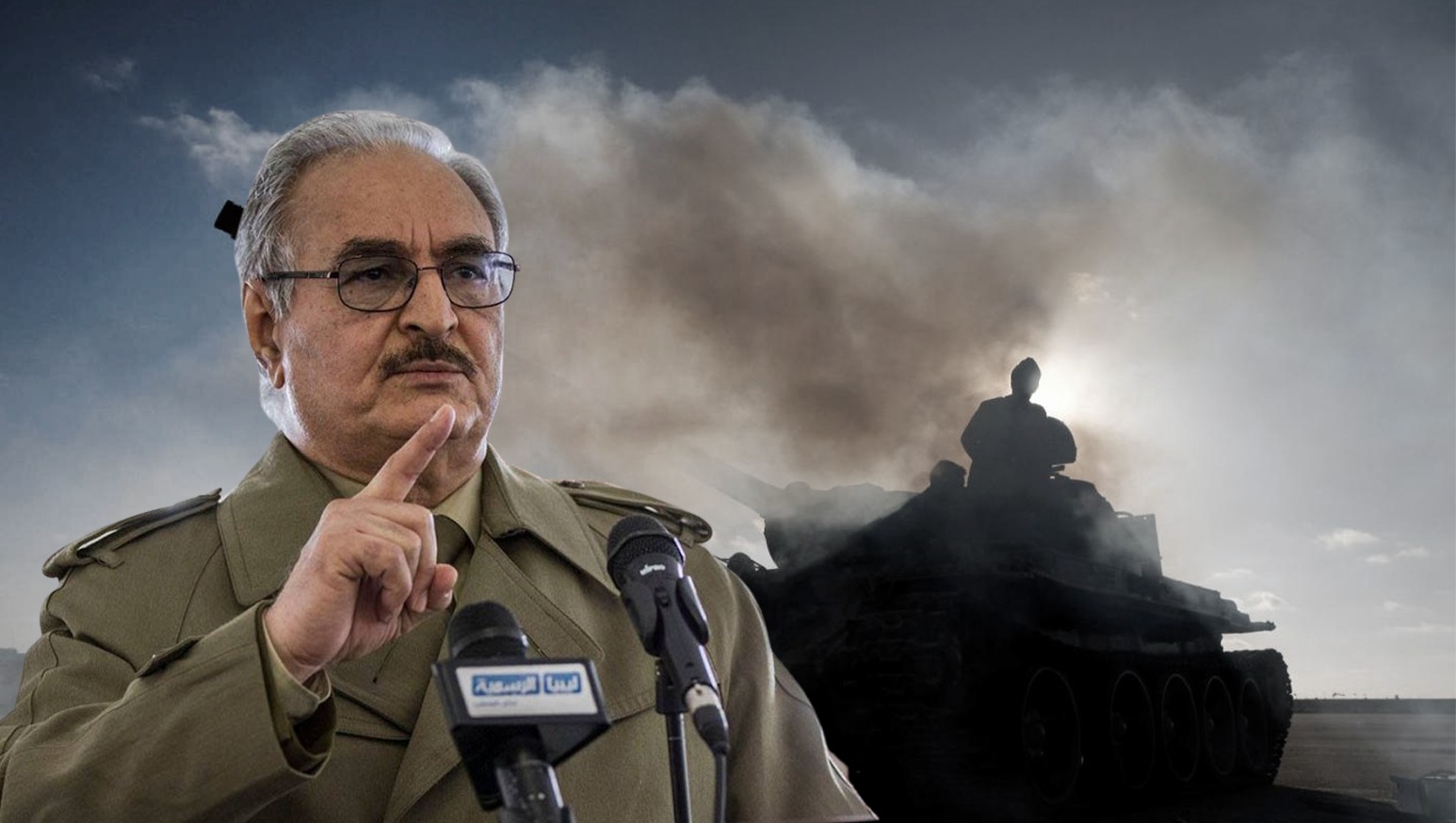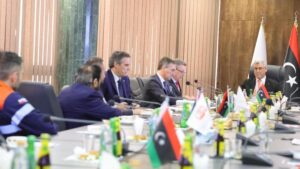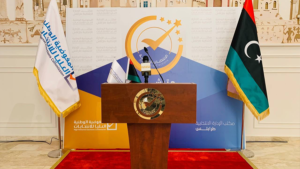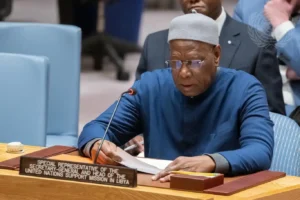For all we know, war and peace are completely different and the personalities to make them are as well utterly different. Take Libya, for example, since the revolution of February 17, 2011, it has seen different men in power, but very few worked to achieve peace.
Drums of War Beat Again
Not content with the wars that he has been waging since returning to Libya from the US, starting from waging war on eastern Libyan cities, especially Benghazi and Derna; leaving them ransacked in ruin.
Mobilization in Jufra and Sirte for Haftar’s militias as well as Russian Wagner Group mercenaries with their heavy weapons and anti-aircraft systems have been monitored b y the intelligence units of the Government of National Accord (GNA).
The GNA instructed its forces to brace for a possible attack by Haftar’s militias, in a statement on Friday.
Libya’s GNA Defense Minister Salah Al-Namroush ordered troops to prepare for a possible attack by Haftar’s militias, backed by the rival House of Representatives based in the port city of Tobruk in eastern Libya, although it is now part of Libyan Dialogue talks in Morocco, Geneva, and Malta.
Al-Namroush wrote on Twitter that the Libyan Army under the command of the GNA was committed to the ceasefire, but was also ready to respond to Haftar whom he accused of violating the ceasefire more than once in the past.
قواتنا ملتزمة بالهدنة التي يرعاها المجتمع الدولي. خروقات ميليشيات حفتر مستمرة وقواتنا جاهزة للرد
— Salahedin Al namroush (@Namroush) October 8, 2020
تعليماتنا لقواتنا البطلة الاستعداد التام وانتظار تعليمات القائد الاعلى للتعامل و الرد على مصادر النيران في المكان و الزمان المناسبين.
The minister said the offensive may occur at the Bani Walid, Gharyan and Tarhouna cities, all of which are located on the path to Tripoli.
Oil Deal and Ceasefire
The ceasefire was announced by the GNA in August after several months of heavy fighting during which Haftar tried to capture Tripoli.
The Tobruk House of Representatives formally accepted the truce. However, Haftar’s militias soon rejected the ceasefire dubbing it a “media marketing” stunt.
Haftar militias spokesperson Ahmed Al-Mismari told media that forces in the west of Libya were using the ceasefire to dispatch equipment and mobilize front lines in the center of the country.
Warlord Khalifa Haftar announced in September in a televised statement the ending of oil blockade and resumption of oil production and exports, after over eight months of shutdown and almost 10 billion dollars in financial losses.
The move was seconded by the member of the Presidential Council Ahmed Maiteeq, who at the same time issued a statement saying he and Haftar’s representatives had dialogued the terms that allow Libyan oil to pump once again for what he described as “the greater good of all Libyans.”
Maiteeq said in his statement that the agreement to reopen Libyan oil facilities included forming a joint technical committee with Haftar’s representatives to oversee the fair distribution of oil revenues across Libya.
The member of the Presidential Council of the Government of National Accord (GNA), Haftar’s rival, added that the joint committee will also oversee the payout of all of the debts to the state of Libya from GNA and warlord Haftar; meaning that all the money spent out of Libyan revenues on the war against Tripoli to topple GNA will be covered by the deal so that Haftar walks free of debts.
Bloomberg said at the time Al-Sarraj had refused the deal made by Maiteeq with Haftar regarding reopening oil facilities in Libya, citing a senior aide to the Head of the Presidential Council.
It also said that the rejection of Al-Sarraj to the deal casts more doubt about whether or not Libya will resume oil production and exports any time soon.
Oil Production Revived
Libya’s oil output has risen to 295,000 barrels following a ceasefire in the country and the lifting of a blockade on energy facilities.
Fields that feed the newly restarted eastern ports of Hariga, Brega and Zueitina are ramping up production, according to a person with knowledge of the situation at the beginning of October.
Output was 250,000 barrels a day in late September and will rise further as ships dock and load crude from storage tanks, allowing fields to pump more, the person said.
Libya’s restart is weighing on oil prices just as traders become more bearish about the outlook for energy demand with many nations introducing stricter restrictions to curb the Coronavirus pandemic.
Brega is set to export 1.8 million barrels in October via three cargoes, according to a loading program. Zueitina is set to load five cargoes. Hariga has loaded two tankers of one million barrels each in the past two weeks.
The loading programs are preliminary and Libya may export more than the schedule suggests.
By: Abdulkader Assad





